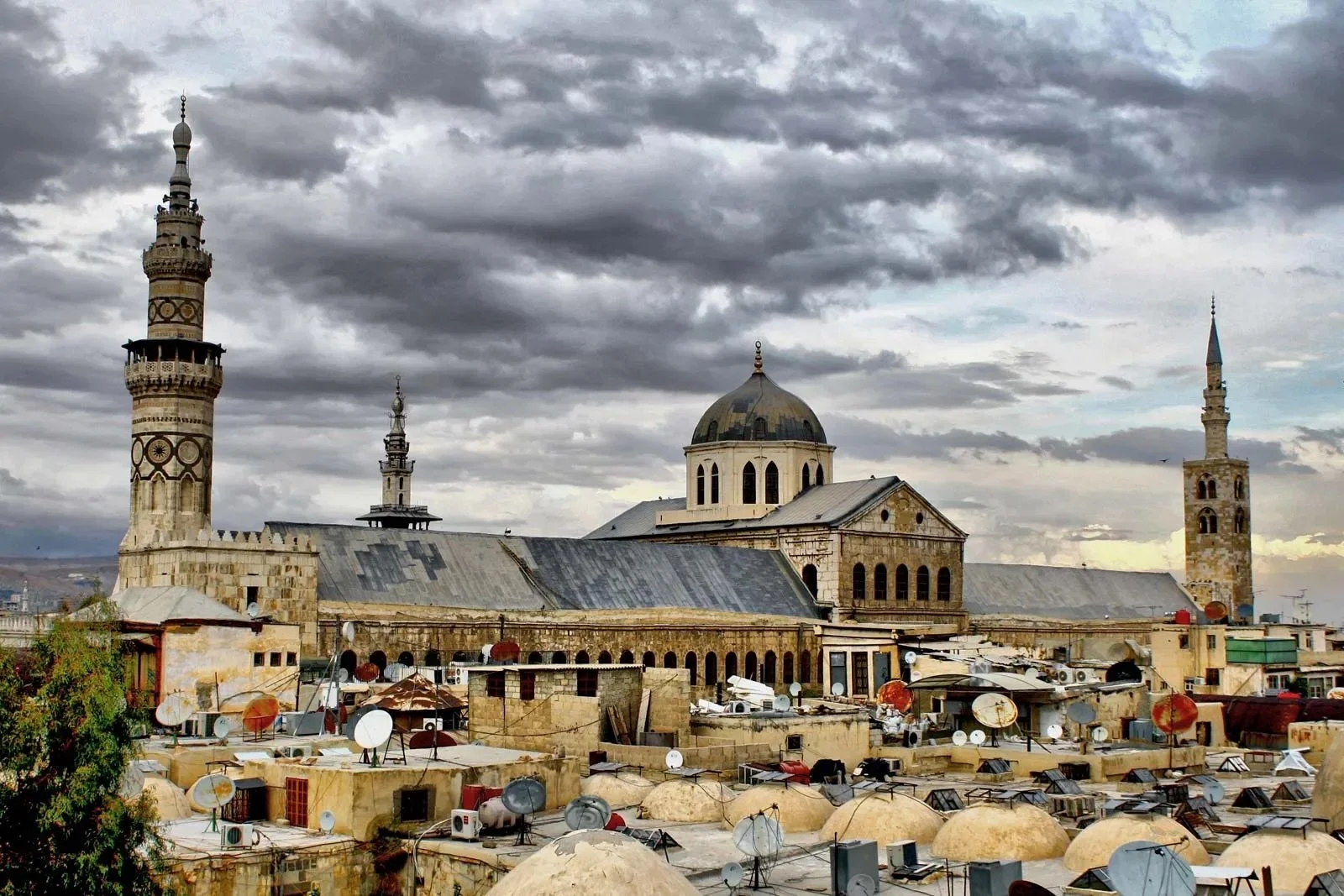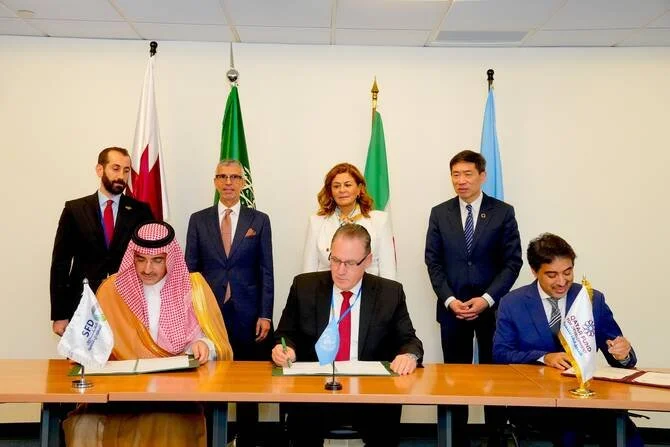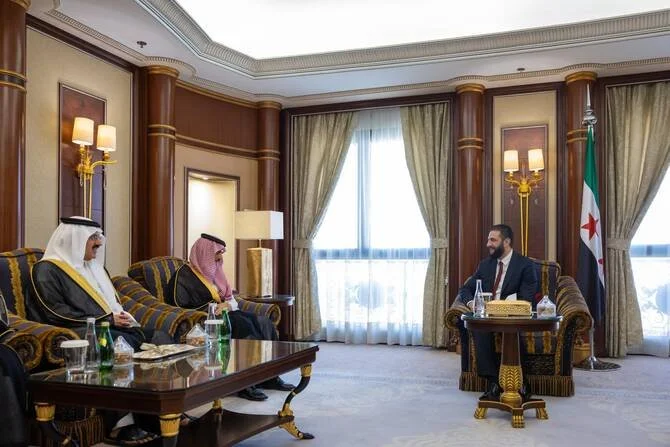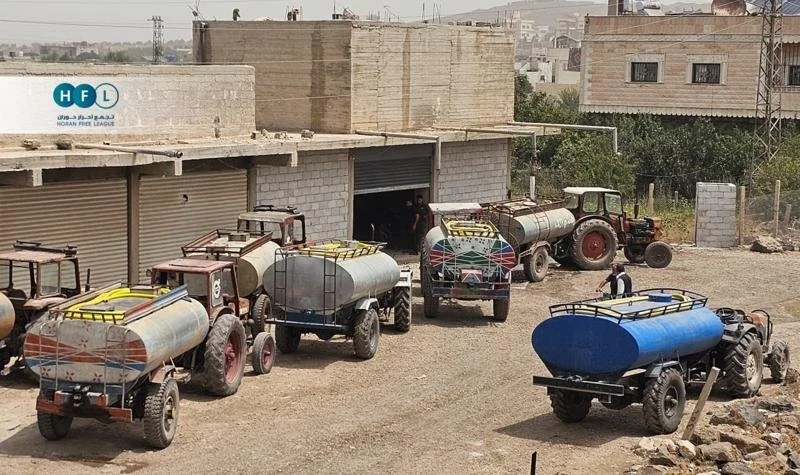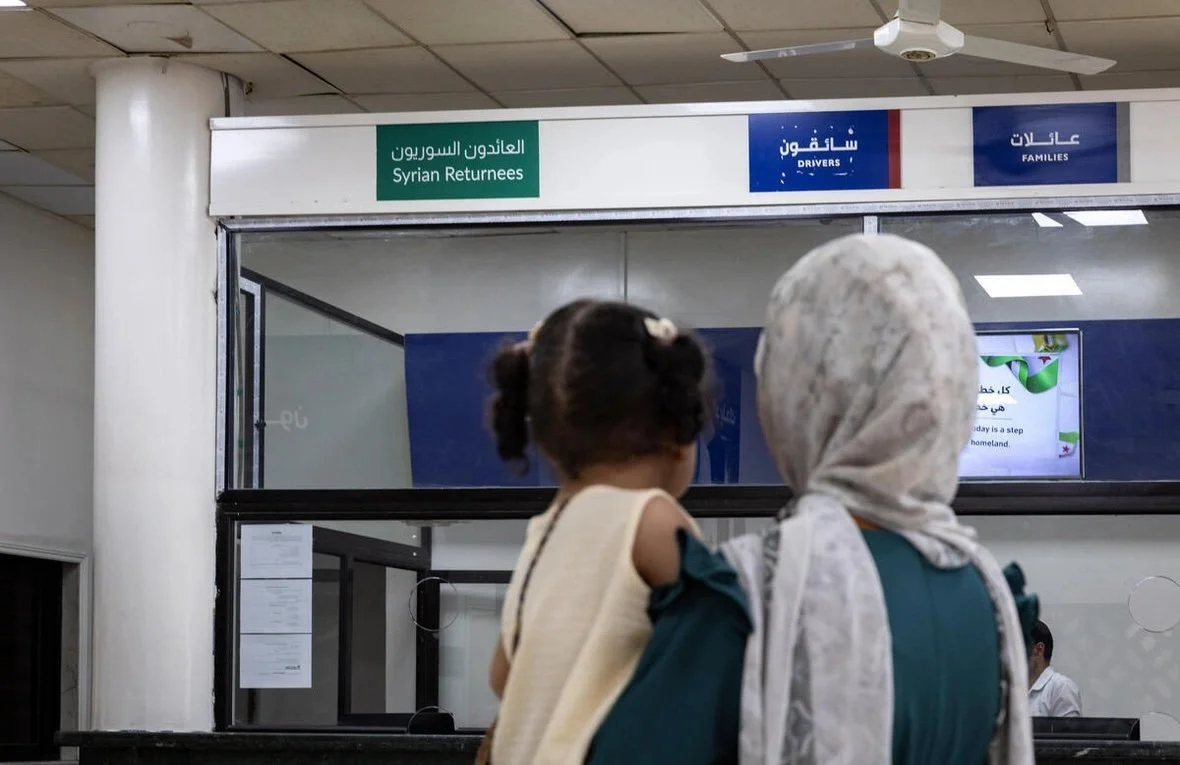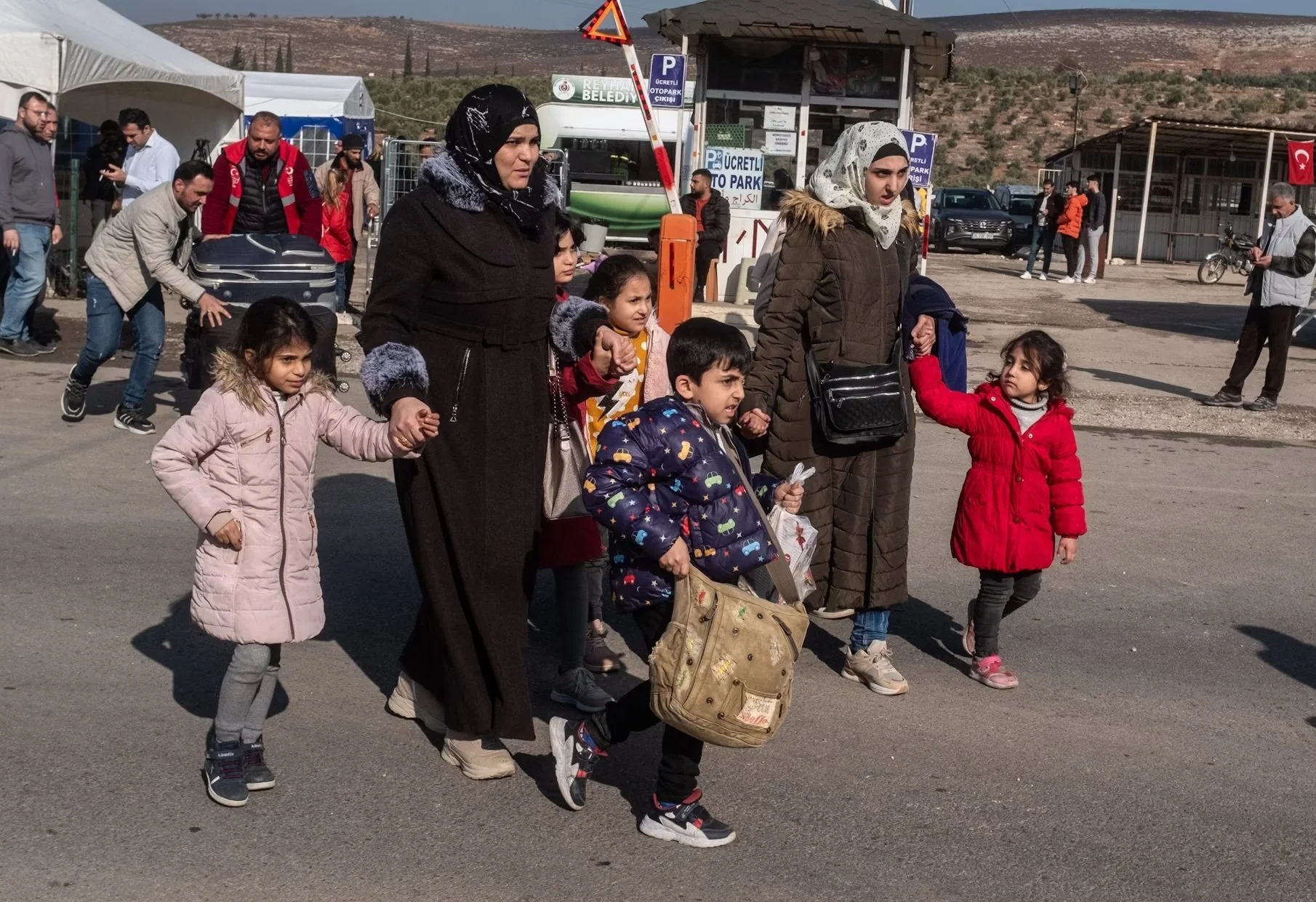The Perils of Delaying a Scale Up of Early Recovery, Reconstruction and Stabilization Support to Syria
Bundles of Syrian currency notes are stacked up as an employee counts money at Syrian central bank, Damascus, Jan. 12, 2025. (REUTERS/Firas Makdesi)
Nearly Eleven months into Syria’s transition period and the overall mood of people around the country is still optimism for a better future, despite numerous challenges to the country’s stability trajectory. Contributing to this hope are the announcements and policy statements made by international actors around intentions to lift further sanctions and pledges of funding and support to Syria’s early recovery and reconstruction. While Syrians have learned over the years not to trust that international pledges of support will be realized on the basis of conscience and moral duty alone, there is hope that with a change of power in Damascus that is willing to accommodate international actors’ business and security objectives, support will scale up in the coming months.
The historic Umayyad Mosque in Damascus
To date, funding at scale has been slow to materialize despite initial excitement and energy at the new opportunities that December 2024 brought. Many Syrian civil society and local organizations, as well as government bodies and agencies not under sanctions, and international actors seeking to support Syrian-led national stabilization initiatives with necessary infrastructure, are waiting for donors to figure out their priorities - after nearly a year of transition - and offer the type of strategic funding that could really make a difference at the town, city, governorate or national level. Saudi Arabia and Qatar have been the most bold, using their unrivalled funding resources to provide 89 million USD to cover public sector salaries for three months, in addition to supporting infrastructure projects, paying off Syria’s debts and providing diplomatic support to relieving sanctions.
Saudi Arabia and Qatar are providing $89 million of financial aid to support public-sector workers in the Syrian Arab Republic for three months. (SPA)
The risks of not scaling up funding to support stabilization, early recovery and reconstruction have already emerged. A concern to many Syrians is the rise in kidnappings and attacks on civilians for belonging to particular minority groups. Social media has been exploited to spread stereotypes about different groups and mobilize violence against each other on the basis of identity or sect. Hateful, stereotype-reinforcing online content - at least some of which has been proven to have originated from hostile actors beyond Syria's borders - can easily trigger an appeal to multi-faceted identity layers. Some civil society organizations seek to address these topics but they are not operating "at scale" and do not have the resources to collaborate with government strategically and alongside transitional justice initiatives. This concern is not rooted in Western capitals’ emphasis on minority rights (though this is a cause for many Syrians), but communities’ broader concerns that this deterioration of security will lead to greater instability, encourage armed resistance and retaliations which risk open conflict, preventing possibilities to invest in recovery and reconstruction while achieving progress on transitional justice. The effect is cyclical: by not investing in stabilization and early recovery now, instability may grow, preventing future investments.
President of the Syrian Arab Republic Ahmad Al-Sharaa and Saudi Foreign Minister Prince Faisal bin Farhan. (SPA)
Furthermore, community security is undermined by basic infrastructure issues such as a lack of electricity for street lights enabling robberies or attacks, as well as the challenges of building and overseeing security forces with new roles and complex allegiances and histories that may influence their relationships to different communities. Limited livelihoods opportunities, a 90% poverty rate, a liquidity crisis, inflation, the worst drought for over 60 years, and a lack of access to clean water and health services provide an unstable foundation on which to participate in transitional justice, accountability and strengthening social cohesion initiatives.
Water tankers line up to refill at a private well in Nawa, a town in the western Daraa countryside, before selling water to residents, 11/8/2025 (Horan Free League)
Funding at scale is needed to support all relevant actors, at the community and national levels, to address and respond to drivers of insecurity and conflict, as well as support access to safe, dignified living conditions. This is a moral duty of funders – to support the alleviation of suffering and provide resources for Syrians to build their future – but it is also a self-interested one for those Parliamentarians in Europe seeking to provide alternatives to migration, build business ties and counter terrorist threats to their national security. Potential instability and conflict resulting from a lack of investment in stabilization, early recovery and reconstruction may lead to waves of migration and an enabling environment for terrorist organizations.
In September, the UNHCR estimated that around a million Syrians have returned from outside the country, with an additional 1.8 million internally displaced persons (IDPs) having returned to their areas of origin. Relief and hope among many returnees that they can recover or build a dignified and stable future in their own country or hometown is a huge driver of returns for those who have suffered social discrimination and a cultural disconnect abroad, as well as enduring neighbouring countries’ economic and political instability. Stories of some returnees (from camps in Lebanon and IDPs) preferring to camp in the ruins of their destroyed houses reflect the desire to return “home,” no matter the living conditions.
A Syrian mother and her daughter pictured on their return to Syria from Lebanon at the Jdeidet Yabous border crossing on 20 June 2025. © UNHCR/Andrew McConnell
However, this is not the case for all Syrians. Many living abroad are keen to return but feel that the lack of basic services and infrastructure, and an unstable security situation, mean that it is not safe to move back. A lack of livelihoods opportunities as well as housing, land and property disputes also limit the appeal of returns. Some may also have established deep social and economic ties in their new countries and their lives are now deeply integrated in new communities. Many are contributing to Syria’s recovery and reconstruction from bases across Europe and North America, through fundraising, remote consultancies with development and humanitarian organizations, launching businesses or private sector initiatives, or through advocacy campaigns. However, as with the smaller initiatives currently supported by institutional funders, these aren’t operating at scale.
Support needs to expand across geographic areas and avoid the pitfalls of diplomats and INGOs only visiting Damascus and seeing an unrepresentative picture of “normal life.” This is not to say that there are not huge needs for early recovery, reconstruction and stabilization in the capital and its suburbs too (or that areas beyond are all equally totally devastated), but that funder representatives need to establish a relationship with all corners of the country to limit bias in their emotional connection to the capital.
A family returns to Syria in February 2025. (Source)
Coordination between funders will be vital in scaling up support, limiting duplication and seizing synergies for maximum impact. The breadth and depth of needs for early recovery, reconstruction and stabilization are overwhelming, but funders can decide which files or items to take the lead on funding or work with others to pool support. If there is a knowledge gap on risk or needs to generate priorities, funders could rapidly resource the research and advisory to inform decision-making. The risk landscape will change – such is the nature of transition and post-conflict flux in which funders should be used to operating – so keeping research and insights resourced to inform responses to changing circumstances will help to mitigate concerns.
Funding in Syria carries significant risks amidst ongoing sanctions, terrorism and money laundering concerns, as well as political and security risks for the implementation of projects and diplomatic relations. However, there are a wealth of lessons learned available from operating in Syria itself to manage these risks, with fleets of Syrian due diligence analysts, finance innovators using transparent blockchains to fund humanitarian work that meets donor compliance requirements, security specialists and local facilitators ready to mitigate and manage risks. The creative methods and innovations that have kept life-saving support and dreams of change alive in Syria to date should be a reminder that nothing is impossible.


